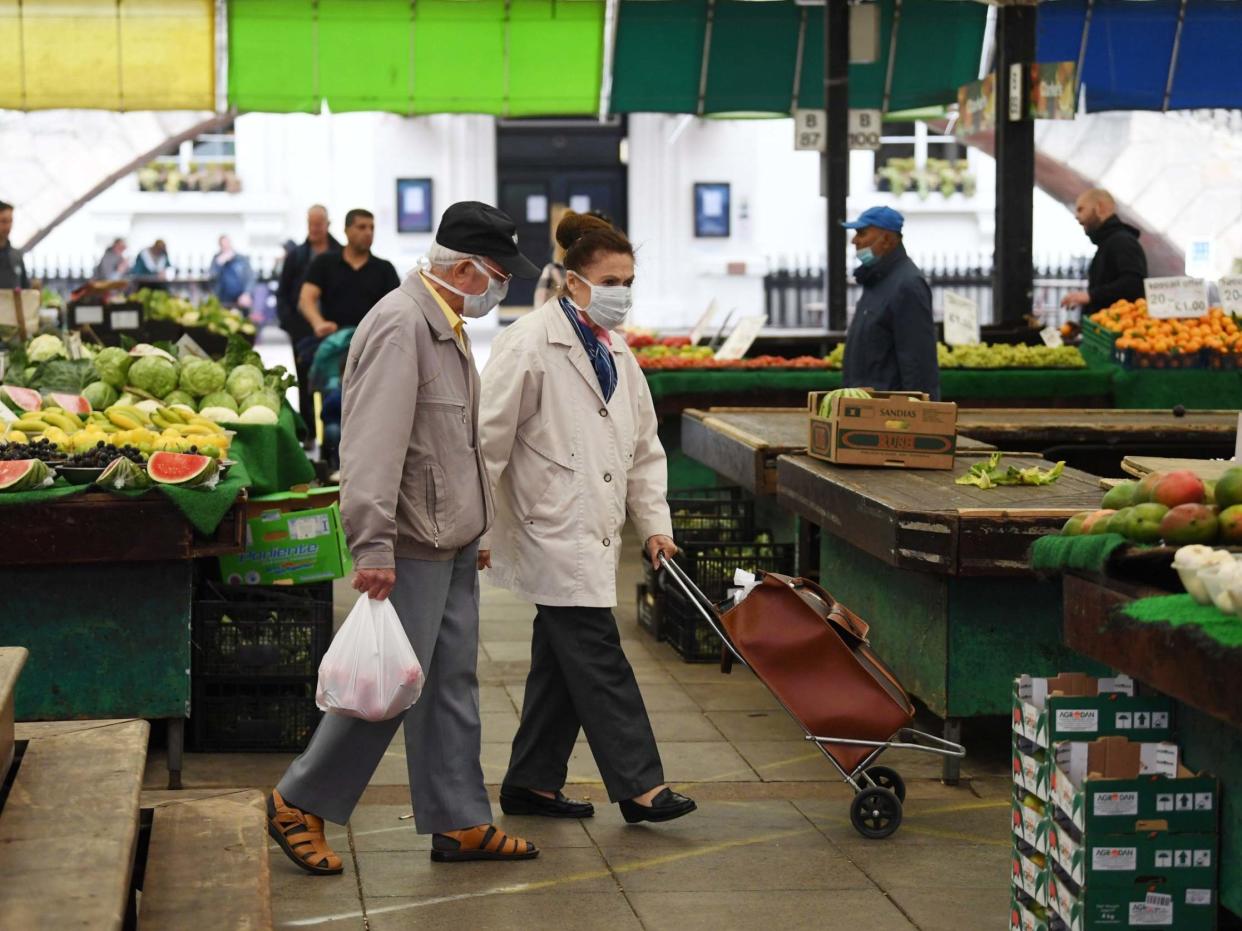Face masks make us all safer. So why was Britain, once again, the last to do the right thing?

In the days when getting on a plane to fly far away was still a practical possibility, I sometimes found myself out in East Asia. China, South Korea, Japan. All fascinating, intriguing societies with their own customs, but I confess I was never curious enough to wonder why so many people went around with masks on. I just put it down to paranoia about the flu. I didn’t bother getting one.
Well, that was a bit arrogant. There was very good reason for the habit, which grew in those nations out of consideration for others as well as from self-interest. Now, supplies permitting, I’ll be wearing one in public (indoors) at home too
There are downsides to this latest ruling from Boris Johnson that masks must be worn in shops, which are obvious. It makes social interaction weird, and it can feel a bit uncomfortable. But this is trivial compared with the role they play in reducing Covid-19 transmission rates, saving lives and boosting the economy.
Like so much in this pandemic, it’s about individuals’ liberties being balanced against the impact on others. You can make your own mind up about the risks you take, but you should not make such judgements on behalf of others.
Confidence is the key to restoring economic life: consumer confidence to spend, and business confidence to invest. If people feel safer (and indeed are safer) by wearing masks in shops, on public transport and in other indoor spaces, then the ruling will benefit us all.
That has always been true though, as they know well in East Asia. The mystery is obviously why we in Britain are late again for a move that is prudent, virtually cost free and will help push the R rate down, if only marginally.
I can recall the health secretary, Matt Hancock, many weeks ago at one of the Downing Street press conferences saying that “the science is weak” on masks. No doubt that was true, particularly when compared to regular hand washing, but the political decision should have been to take the precautionary principle.
Action should have been taken, and ministers should have set an example. They didn’t.
Maybe they thought that forcing people to behave in a certain way – such as insisting on mask wearing – is an un-Tory, un-British thing to do. I can only assume that that is why Michael Gove was so reluctant only a couple of days ago to endorse the mandatory wearing of face coverings. He might have been playing some sort of game with Boris Johnson, trying to get his way and stop compulsion by making a public statement. Alternatively he didn’t know what was going on in Johnson’s dithering, distracted head and was making his best guess.
In any case he sent out the wrong public health message. Something we’re used to these days. I don’t like to think how many people have suffered because of our tardy response.
Read more
As chair of a new inquiry on coronavirus, I will get answers for you
Too few women sat at the coronavirus table. It’s hurting us now
Priti Patel's new immigration rules leave us in the dark
The message is go back to work. The guidance is stay at home. Clear?


